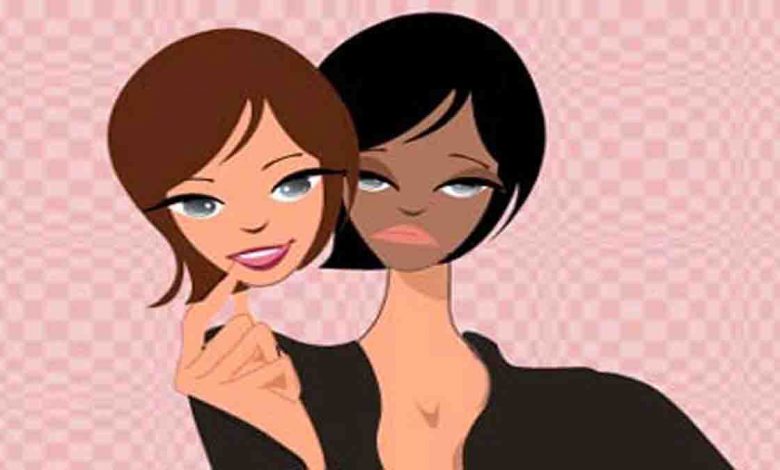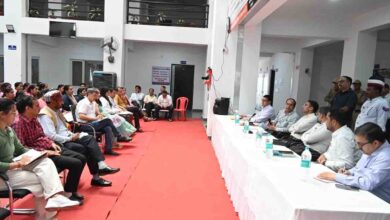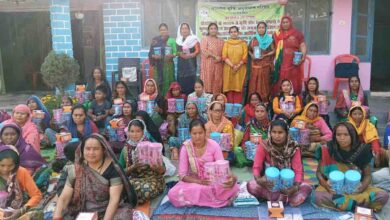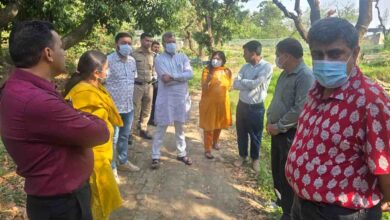Deep rooted & noxious obsession with fair skin continues in society

Cultural and historical roots have been overcome by marketing and popular culture to such an extent that Indian society too has developed racist traits. This proclivity, apart from favouring fair skin has also resulted in various other aspects which exert varied impacts on individuals and society. Talking to The Pioneer, members of the general public and experts expressed their views on this tendency.
“While growing up I heard a lot of comments about my skin colour. To be fair I am still told to use ubtan and skin lightening creams by my friends and family members. For too many, I am simply dark and the education and knowledge which I have gained till now doesn’t matter,” said a 25-year-old Sneha Rawat, a victim of colour shaming.
Even after the removal of ‘fair’ from a popular cosmetic cream and online matrimonial sites dropping the skin tone option from their websites, the main problem lies in the mindset of the people who need to be removed.
A 29- year woman, Divya Bhandari opined that it becomes harder to find a partner to marry if your skin colour is dark. She said, “People are rejected because of their skin colour which is unfair but this is the reality. In the matrimonial sites what you will see is a desire to have a fair-complexioned bride/groom. These things are very demoralising. People will come to you and say it’s okay if you are dark as if being dark means something bad. In India fairness is seen as beautiful, classy and rich and dark is perceived as ugly and dirty. This is the truth of the society we live in.”
Psychotherapist Aditi Arora said,“Skin bias has been in Indian society for centuries. We have not been able to get off our colonial mindset where the British who were our masters were white-skinned so basically, this led us to conceive white-skinned as superior and dark skin as inferior. Women and men both have been facing discrimination because of their skin color. This discrimination on the basis of skin colour starts at home, school and then in society.”
Advertisements are also to be blamed for such a mindset, said Arora. Indian advertisements have made beauty so synthetic and robotic that it has reduced the mindset of the people. They promote negative stereotypes against darker skinned people. The advertisement market is full of remedies to make women and men whiter. “People need to think about the personalities they follow on social media- why they follow them. Have these personalities contributed something to our society? We need to rise above the beauty standards set by our society and decide our role models more consciously,” she adds.
Friday, 26 March 2021 | Pooja Negi | Dehradun






